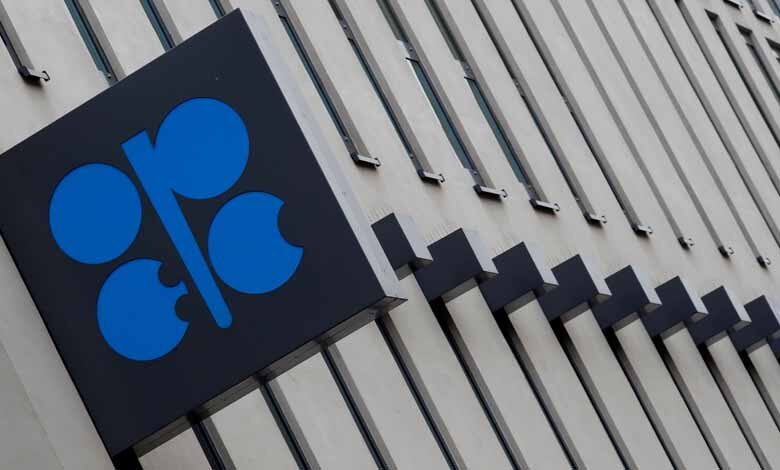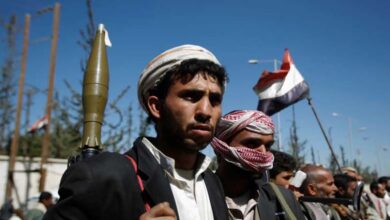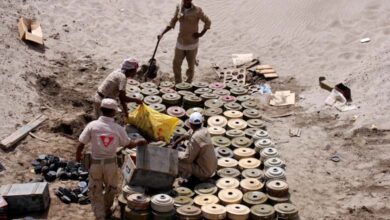The United Arab Emirates opposes the extension of the oil production reduction agreement until December 2022

UAE Minister of Energy and Infrastructure Suhail Al Mazroui has announced his country’s support for increasing oil supplies to the global market, starting next August, to meet the increasing demand for crude due to the relaxation of the coronavirus restrictions, amidst signs of improved demand and the recovery of global travel activity.
Al-Mazroui confirmed his country’s commitment to the agreement to reduce production above the proportions approved by the OPEC+ alliance, saying, “Our commitment in the current two-year agreement is more than 103%, according to Sky News Arabia.

“While Saudi Arabia and Russia, which are leading the 23-member OPEC+ alliance, favor linking the production increase to the extension of the production cut agreement for December 2022, contrary to what was agreed in April 2020, April 2022, the UAE would like to open a debate on increasing production levels before agreeing to extend the production beyond the current agreement’s expiration date, that is, April of the same year.”
The UAE minister said: We in the UAE are not against extension.. Unfortunately, the OPEC+ Ministerial Committee has put forward only one option – increasing production conditional on extending the current agreement to December 2022, which is unfair for the UAE in terms of the benchmark for production quotas. Abu Dhabi suggests that there should be a relaxation in current production restrictions as of last August, separately from another decision to extend or not the production cut, which would be determined by a separate vote on the increase in production.
Oil production data show that UAE production fell to 18% – in April 2020 compared to 2018.
According to the Emirati minister, the UAE entered into the agreement until April 2022, despite knowing that it was oppressed by the production ceiling, but it accepted this in the interest of all, as previous statements by OPEC showed that the UAE committed to the agreement to reduce production by 120% in the production agreement, that is, to reduce its oil production above its share approved by the coalition. On more than one occasion, OPEC praised the positive role played by the UAE over the past years in controlling the oil market balance, noting that this role earned it the respect of everyone, whether inside the organization or outside it.
The UAE, a major producer of crude oil in the world and a member of the Organization of Petroleum Exporting Countries (OPEC), has an average daily production of 3.1 million barrels per day under normal circumstances and an immediate ability to raise production to 3.5 million barrels per day.












